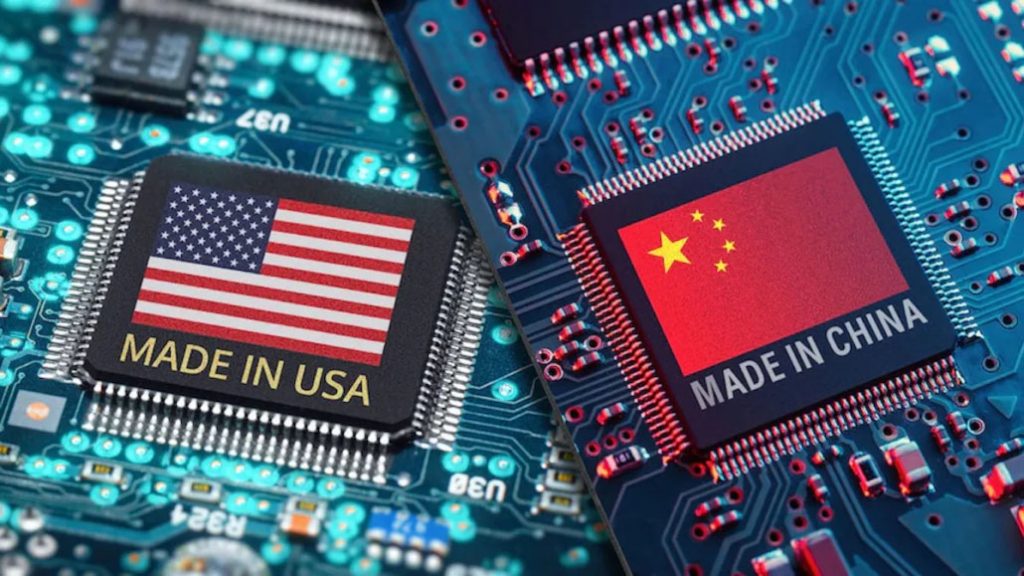The US government is tightening rules on advanced tech trade again. This time, the focus is on AI chips. Washington just announced a fresh round of export controls targeting chip sales to China. Officials say it’s meant to stop China from using American technology to build powerful AI systems that could threaten US security. While the move is backed by national interest, many in the tech world worry it might backfire. Big companies like Nvidia, which make chips used in everything from data centers to real money casino platforms, are already feeling the hit.
This isn’t the first time the US has tried to slow China’s access to advanced chips. But this new policy goes further than ever before. It blocks not just the top-of-the-line processors but also mid-range ones that China has been using as a workaround. The move affects more than chips, it’s a signal that AI is now a battlefield for global power.
Big Tech Giants Brace for Fallout
Companies that rely on China as a key market now face tough choices. Nvidia, AMD, and Intel have all seen sharp reactions in their stock prices since the new controls were announced. For Nvidia especially, the Chinese market makes up a large chunk of its revenue. These new restrictions could push Chinese companies to accelerate their local chip development, cutting American firms out for good.
In response, China’s Ministry of Foreign Affairs accused the US of unfair trade practices. They say the new restrictions hurt not just Chinese businesses but the global supply chain. Still, the US insists that these controls are needed to keep sensitive AI technology away from potential military use. The tension continues to grow, and no one knows yet how far it will go.
What It Means for Everyday Tech Users
For most people, AI chips sound like faraway tech stuff. But they power things you use daily, smartphones, cloud apps, even your voice assistant. If US companies lose market share or face slower innovation due to shrinking profits, everyday tech tools might get more expensive or less advanced. Startups and developers also rely on chip access to train new AI tools. If supply tightens, small players could be pushed out of the game.
US officials say they’re offering licenses for companies to apply for exceptions, but the process will be strict. This means delays for chip shipments and new projects in the AI space. Cloud computing, smart gadgets, and even future self-driving tech could all feel the squeeze. In short, this move is not just about global politics, it’s about your phone, your apps, and your digital future.
Chips Are the New Oil
This trade war isn’t about oil anymore. It’s about microchips, tiny but powerful, and now the center of a high-stakes rivalry. AI is shaping the future of military, health care, finance, and entertainment. Whichever country leads in AI could control huge parts of the global economy.
Both the US and China know this, and both are racing for control. The US wants to protect its edge, while China wants to catch up. The result is a tech cold war that’s heating up fast.
The coming months will test how much pain US companies can handle before they push back. The White House says it’s listening to industry voices but won’t budge on national security. American chipmakers may need to rethink their supply chains and product lines.
China, on its part, is doubling down on building its own tech independence. It’s investing billions in homegrown chip firms and attracting top talent from overseas. The race is far from over, and each move will shape how we use and experience technology in the years ahead.
